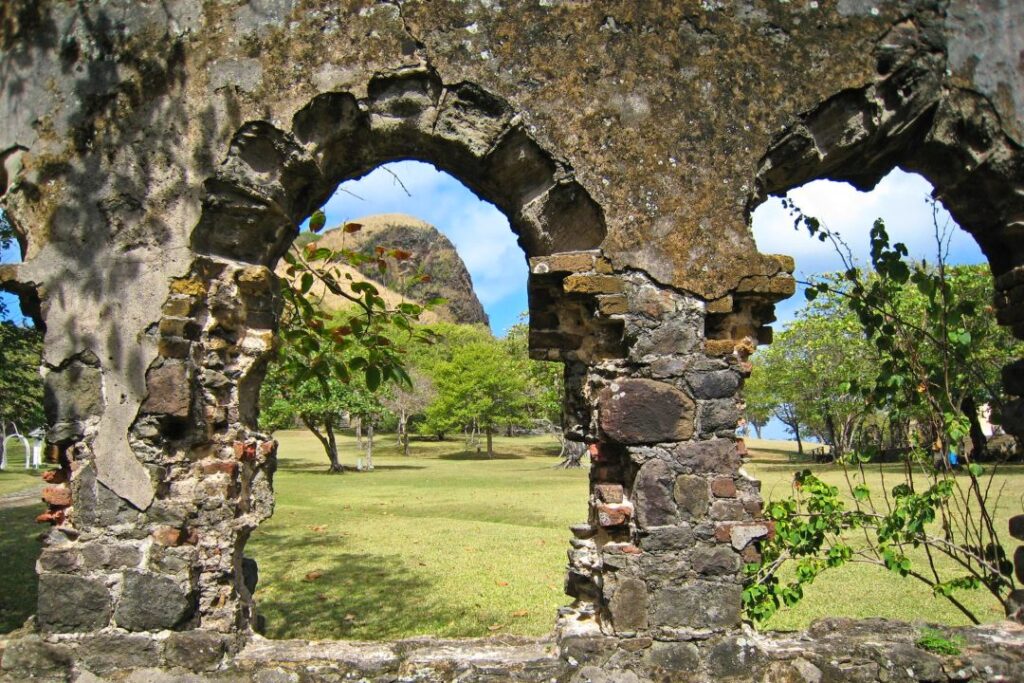The beautiful island of Saint Lucia has a rich tapestry of history and culture unfolded. Nestled in the eastern Caribbean Sea, this enchanting island has a captivating story to tell.
The Legend of Saint Lucia’s Name
Legend has it that Saint Lucia was named after Saint Lucy of Syracuse, a revered martyr from the 4th century. According to folklore, the French sailors who discovered the island in the 16th century arrived on her feast day, December 13th, and thus named it in her honor.
European Colonization: A Battle for Dominance
The island’s history is marked by European colonization and the struggles for control. The first European settlers were the French, who established a presence in the 17th century. However, their hold on the island was not uncontested. The British, eager to expand their Caribbean territories, fought numerous battles with the French for dominance over Saint Lucia.
The British Era and Economic Prosperity
The Treaty of Paris in 1814 officially ceded Saint Lucia to the British Empire. Under British rule, the island thrived economically through the cultivation of sugarcane and bananas. Plantations dotted the landscape, and the labor force was predominantly made up of enslaved Africans and indentured workers from India.
The Road to Independence
In the 20th century, Saint Lucia played a significant role in the Caribbean’s struggle for independence. The island was part of the West Indies Federation, a short-lived attempt to create a political union among several British Caribbean colonies. However, the federation dissolved in 1962, and Saint Lucia, along with other islands, embarked on individual paths to independence. On February 22, 1979, Saint Lucia achieved independence from British rule, becoming a sovereign nation within the Commonwealth. This milestone brought a renewed sense of national pride and laid the foundation for Saint Lucia’s cultural identity to flourish.
A Cultural Mosaic
The rich cultural heritage of Saint Lucia is deeply intertwined with its African, French, and British roots. The island’s music, dance, and cuisine reflect this diverse heritage. Saint Lucia is renowned for its lively festivals, including the annual Saint Lucia Jazz Festival, which attracts world-class musicians and jazz enthusiasts from around the globe.
Natural Beauty and Heritage
Nature has bestowed Saint Lucia with breathtaking landscapes, making it a paradise for outdoor enthusiasts. The iconic Pitons, two majestic volcanic peaks rising from the sea, are a UNESCO World Heritage Site and a symbol of Saint Lucia’s natural beauty.
Tourism: The Island’s Lifeline
Tourism plays a vital role in Saint Lucia’s economy, with visitors flocking to its pristine beaches, coral reefs, and lush rainforests. The island’s warm climate and welcoming locals make it a favorite destination for honeymooners, adventure seekers, and nature lovers alike.
Embracing the Past, Looking to the Future
As Saint Lucia continues to evolve and embrace its future, it cherishes its history and cultural traditions. The island stands as a testament to resilience, a place where the past blends harmoniously with the present, offering visitors an unforgettable experience and a glimpse into the vibrant tapestry of Saint Lucian life.

